 The Impact of American/Chinese Trade Relations on Agribusiness
05. 01. 2018
#Feed industry, #Fertilizer feedstock
The Impact of American/Chinese Trade Relations on Agribusiness
05. 01. 2018
#Feed industry, #Fertilizer feedstock

Much has already been written about a possible trade war between the US and China. A war which, if it goes nuclear, could include tariffs and trade restrictions on key agricultural commodities, such as soy, corn, pork, and beef. As the US is a major exporter to China of these products it is predicted that US agribusiness will be hurt most in a trade war.
Naturally, what hurts US agriculture, also hurts the agrichemical, fertilizer, and feed additive industries.
A point that was highlighted by Joel G. Newman, president and CEO of the American Feed Industry Association, who, when speaking to the industry journal Wattagnet, said, “We are hopeful that the two governments will reach an amicable solution through negotiations rather than the implementation of tariffs before U.S. agriculture loses its place in line in this important market.”
Yes, even without a trade war, China is imposing restrictions on agrichemical trade. For example, 2017 saw an increase in antidumping action against imports of numerous agrichemical raw materials. As CCM, a Chinese chemical industry consultancy reports, “In 2017 and the beginning of 2018, China has carried out multiple anti-dumping investigations against imports of agrichemical raw materials.”
These included, “imports of methyl isobutyl ketone originating in the Republic of Korea, Japan and South Africa…ortho chloro para nitro aniline and meta phenoxy benzaldehyde originating in India…ortho-dichlorobenzene (ODCB) originating from Japan and India … ethanolamine originated in the United States, Saudi Arabia, Malaysia and Thailand.”
While agrichemical traders may hope that such market meddling will not spread further than current limitations on (mostly pesticide) chemical raw materials, the uncertainty created by such actions can severely damage agribusiness investor confidence.
The short-term effect of American/Chinese tariffs and trade barriers will hurt US exporters, but in the long-term the real pain may be felt in China. This is because without US food and agrichemical imports China could have bigger problems than a trade war.
As the respected Adam Smith Institute notes, “Resources are particularly limited in high economic-growth regions such as China, a country that has to feed 22% of the world’s population but which is endowed with only 7% of the planet’s cultivable land.”
Unless food production increases rapidly very soon, prices will sky rocket. If so, then politicians in Beijing will have to rethink their economic strategy towards agriculture or there may be rice riots on the streets. To avoid this situation, agricultural output needs to increase, and to increase agricultural output requires agrichemical input. Any potential trade war will restrict Chinese farmers’ access to the products they need.
As it stands, both Chinese and American agribusiness will be damaged by restrictions on trade. A fact that was highlighted by Aidan Connolly, chief innovation officer at Alltech when he explained to the industry journal Wattagnet, “the Chinese marketplace, in particular, is critical to the long-term sustainability of our business. Free trade is certainly to the betterment of the both the U.S. and the Chinese as well as all those involved in the animal feed business and agribusiness at a global scale.”
A point supported by Richard Brock, president and CEO of Brock Associates, in the same Wattagnet interview, “What it [a trade war] could have an impact on is feed ingredients. They [the Chinese] do buy a lot of feed ingredients from the United States and I have clients that are really concerned about that because we ship them … primarily products like blood meal and bone meal … and we ship a lot of that to China.”
While Brock and Connolly’s concern is generally for US-based feed additive suppliers, there must also be some concern among livestock and poultry farmers in China. They will see their costs rise and production fall if access to quality feed additives is limited by tariffs and trade embargoes.
While the overlying belief seems to be that a trade war will not happen, the steel-gloved handshakes and testy tweets do not help business confidence.
According to the Harvard Business Review, global “Food demand is expected to increase anywhere between 59% to 98% by 2050”. If this is true, then industry bodies such as the American Chemical Council should be aiming for all out increased agrichemical production and export, instead of having to protect, “the principles of free and fair trade”, which they note, “should apply to all members of the WTO, and that includes China.”
If you wish to learn more about Chinese agrichemical, fertilizer, feed and feed additive markets, then please take a look at the other articles on AGCHEMI’s blog page, including Top 5 Challenges for Feed Exporters and Manufacturers in Chinese Markets, and Growth and Export in the Chinese Feed Market.
Photo credit: Wordpress, Sohu, WPSUradio, Monband, Designworld, CitizenDigital & Investing.com